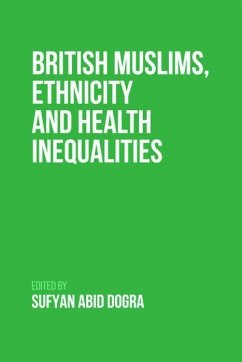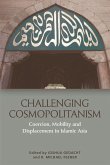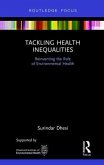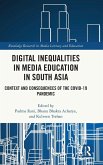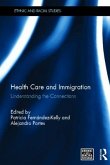A pioneering collection studying religion as a wider determinant of health in Britain This landmark volume presents the lived experience of British Muslims with regard to health inequalities, access to health services and involvement in health promotion initiatives. Exploring religion, ethnicity, racism, social class and deprivation, it examines how British Muslims interact with the UK health care system and the subsequent marginalisation in accessing benefits from those systems. The authors expose the unequal distribution of health benefits among British Muslims and explore how this has come to the fore during the COVID-19 pandemic. Using reflexive, interpretive, critical and evidence-based data-driven scenarios from across the UK, the book identifies loopholes in the health care system affecting high-risk groups. In doing so, it analyses why and how British Muslims live with the worst health outcomes when compared with all deprived social groups and ethnicities in the country. Key Features - Highlights the role of religion in exacerbating health inequalities, along with ethnicity, racism, social class and deprivation - Investigates contemporary health inequalities among second- and third-generation British Muslims, with a particular focus on disadvantaged children - Captures a wide range of health issues that British Muslims live with, such as: structural discrimination; COVID-19; mental health; consanguinity; genetic predispositions; dementia; domestic violence; end of life care; absentee fathers; and migration - Critically appraises current health practices and methods and offers practical guidelines on how to involve British Muslims in health promotion initiatives - Includes a foreword by Professor Aziz Sheikh OBE, Chair of Primary Care Research and Development, University of Edinburgh Sufyan Abid Dogra is Principal Research Fellow at Bradford Institute for Health Research, specialising in the anthropology of modern Britain.
Hinweis: Dieser Artikel kann nur an eine deutsche Lieferadresse ausgeliefert werden.
Hinweis: Dieser Artikel kann nur an eine deutsche Lieferadresse ausgeliefert werden.

